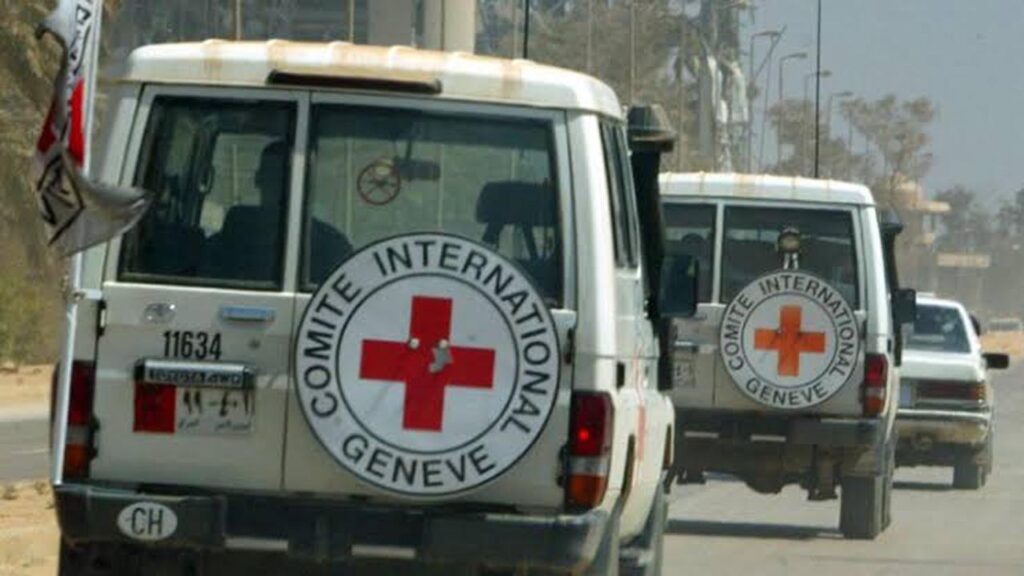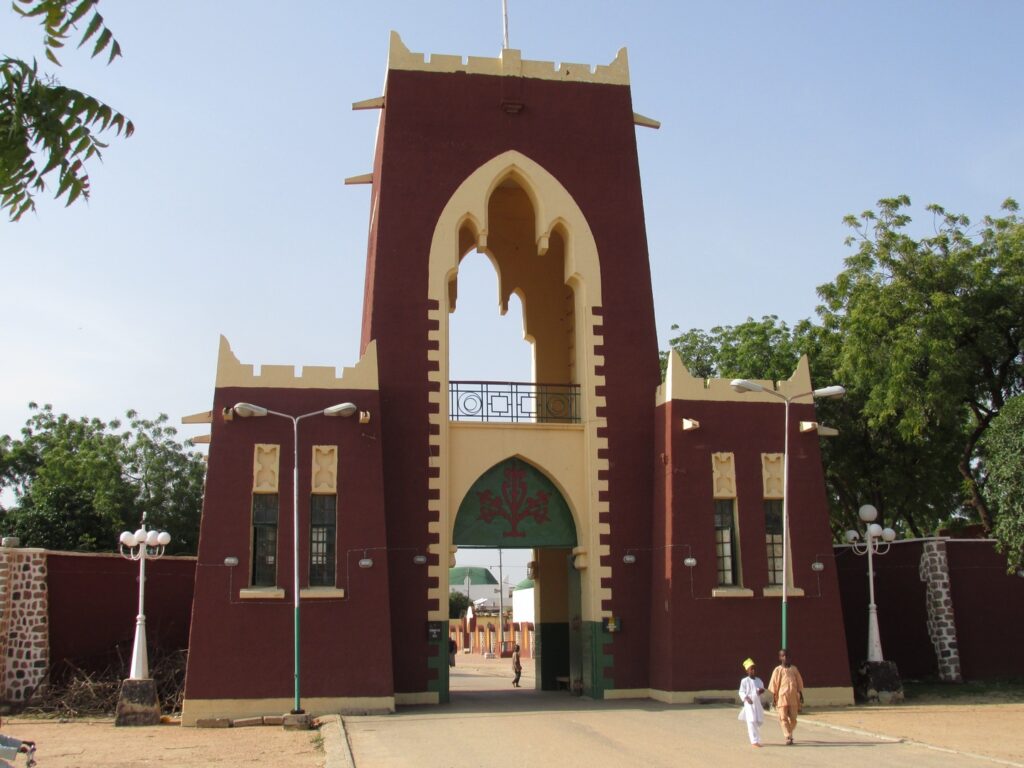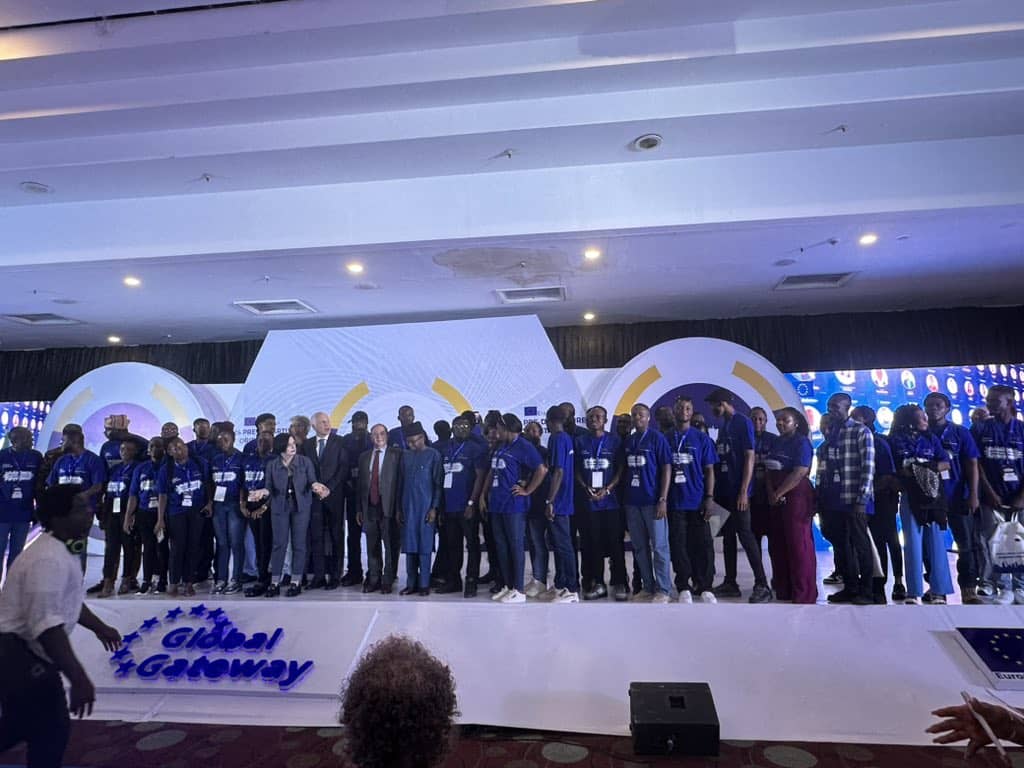
As the world commemorates International Red Cross and Red Crescent Day (RCRC) today, natural and man-made disasters are ravaging the world. NGOZI EGENUKA reports that humanitarian services, which the Red Cross provides during emergencies are being stretched beyond capacity in the midst of this escalating crisis.
There are at least 13 raging conflicts in the world, besides varying degrees of humanitarian crisis occasioned by natural disasters like flooding, famine, earthquakes and hunger.
The Russia-Ukraine war alone has led to the death of over 10,000 civilians since February 24, 2022. Two years of full-scale invasion have displaced almost 10 million Ukrainians and left approximately one-third of the population in need of humanitarian support inside the country.
Reports show that in 2024, 14.6 million Ukrainians, including 3.7 million who are internally displaced will need humanitarian assistance. About one third of this population, including 1.5 million children, are grappling with mental health issues, suffering from conditions such as depression, anxiety, and post-traumatic stress disorder (PTSD).
Since the inception of the Israel-Gaza war, at least 35,200 (14,000 children and 9,000 women) have died, 10,000 missing and presumed trapped under rubble and almost all of the strip’s 2.3 million population has been internally displaced.
Israel reportedly cut off food, water and medicine. Also, its attacks on infrastructure have led to a humanitarian crisis in the Gaza Strip, including a collapse of the healthcare system and an ongoing famine.
Sudan’s internal conflict, which started in April 2023, has led to the displacement of more than 8 million people, the largest in the world and the deaths of over 14,700 others
Already, hundreds of people have died around the world from flooding within two weeks and according to the latest Global Report on Food Crises, more than one in five people in 59 countries faced acute food insecurity in 2023.
Immense humanitarian needs persist as the crisis continues to displace civilians and reduce access to education, economic opportunities, health care, food security, and gender equality. The ravages of war have shattered support networks, leaving a staggering impact.
More than ever, the world is in desperate need of humanitarian services. Humanitarian organisations are spread thinly trying to manage these issues. There are, however, concerns that humans are unable to provide needed or sufficient care for each other with the evolving world dynamics and focus. This is visible in the reduced attention given to education or issues around humanitarian values.
RCRC Day, which is commemorated every May 8, focuses on people who are suffering from various natural calamities, armed conflicts, and other crises; it becomes expedient to emphasise the importance of humanitarian values.
Senior Media Officer, Media Relations, International Federation of Red Cross and Red Crescent Societies (IFRC), Andrew Thomas, confirmed to The Guardian that there are 78 active Disaster Response Emergency Fund (DREF) Operations (ones that have received a grant from the IFRC’s Disaster Response Emergency Fund) and a further 28 emergencies that the IFRC is raising money for through emergency appeals. So, there are a total of 106 responses that the IFRC is ‘involved’ with.
He added, however, that all 191 National Red Cross and Red Crescent Societies work on projects year round. Most are funded through those national societies’ regular income.
“The overall number of responses of all Red Cross/Red Crescent societies though will be much higher – in the hundreds. We don’t have a number,” he added. According to him, the overall operations the IFRC is ‘involved’ with in a financial sense targets 63.5 million people in need of help. Though the overall number of people helped by the hundreds of Red Cross and Red Crescent activities is much higher, it runs into hundreds of millions.
“Some of the issues our network deals with affect billions (half the world’s population). For example, we experienced at least one episode of extreme heat last year, something that our network has prioritised as a crisis to address.
On recommendations in curbing the crisis and saving humanity, he said it is the theme for this year’s RCRC Day, “Keeping humanity alive”, because regardless of the crisis, people must focus on their shared humanity.
According to reports, over the last 10 years, IFRC has funded three emergency appeals with $4,585,880.7, which targeted 4,036,000 people. For 45 DREFs, $15,610,699 has been used to fund 3,572,045 people. To effectively provide services to people in crisis areas, IFRC requires trillions of dollars.
In a statement signed by IFRC President, Kate Forbes; Standing Commission Chair, Mercedes Babé and President, International Committee of Red Cross (ICRC), Mirjana Spoljaric, there are so many global challenges competing for attention and resources. The body said it is committed to shining a light on and addressing the forgotten crises around the world.
“In a time of polarisation and the dehumanisation of various groups, including migrants, neighbouring communities, and even first aid workers, our movement reinforces the basic principle of humanity, especially in the places where it is most essential to keeping humanity alive,” it said.
According to the statement, respect for international humanitarian law not only preserves the humanity of people affected by crises, it preserves our own humanity, both today and in the future.
Upholding international humanitarian law, the statement said, reflects the Movement’s core values and is essential for ensuring the well-being and dignity of all people in need.
Proffering solutions to prevalence of humanitarian crisis, Dean, Faculty of Social Sciences, Lagos State University Prof. Olufemi Lawal, noted that economic and political crisis deters humanitarian service providers from functioning maximally, while stating that the number of humanitarian groups in this part of the world are smaller and this is as a result of the weight of the crisis.
He said that the groups are mostly hindered by low funding and the government does little to contribute as in the war zones, where needs tend to overwhelm resources. He condemned the government’s lack of attention to these groups.
Citing the ongoing crisis in the Middle East and the risks attached to humanitarian services, he urged the government, “to weigh in and see humanitarian service as a priority and make sure to invest in it, particularly in this part of the world where philanthropy is not common.”
Lawal stated that crises are inevitable but can be managed. However, he noted that the perception of social justice/injustice engenders conflict.
He urged world leaders to cultivate sincerity, saying, “when they come to the realisation that conflict can only be reduced, not stopped, they can stand against conflict and seek measures to curb it around the world.”
Acting Director, Research and Studies Nigerian Institute of International Affairs (NIIA), Dr Efem Ubi, urged governments to do the right thing, alluding that if there is no justice or development there cannot be peace.’’
“Every country’s government must put the right processes, structures, policies, reforms and institutions that would bring people together and create an enabling environment for businesses to thrive and for investors to come in,” he said.
He noted the argument that all crises are not based on the economy, but said it has a major role to play. He, however, stated that multilateralism is the solution as insecurity or crisis cannot be mitigated by just one country. He also emphasised the importance of orientation through education and parental guidance in enhancing humanitarian services.
“There is a need to inculcate values and morality into the younger generation, which are the right values that would enable them to contribute positively to the society,” he added.
The Executive Director, Nigerian Networks of Non-Governmental Organisations (NNNGOS), Oyebisi Oluseyi, said that flexibility and unity of all systems, sectors and people is an efficient way to tackle global crises.
“Our world is facing a growing number of emergencies that are linked together, creating a complex and dangerous situation. These “polycrises” threaten people’s lives, basic needs, and sense of self. To overcome these challenges, we need everyone to work together.
“This means governments, aid organisations, local communities, and individuals all playing their part. But our responses can’t be one-size-fits-all. We need to be flexible and adapt our efforts as situations change. Most importantly, the root causes of these crises must be identified, not just dealing with the immediate problems,” he said. He emphasised the need to involve local people in decision-making, using technology for faster and more targeted assistance, and base actions on data.
“But we can’t forget the basic needs, keeping people safe, protecting them from harm, and making sure there’s enough funding to get things done.
“Working together openly, honestly, and with everyone involved (collaboration, accountability, transparency, and inclusivity) is also key. Mental health and well-being need to be a priority as well.
“Ultimately, we need a major change in how we approach these problems. We need to move from simply reacting to crises to working together in a way that’s long-lasting and builds resilience in affected communities. This means putting people’s dignity and their ability to recover at the centre of everything we do,” Oluseyi declared.
For International Affairs Analyst and Conflict Manager, Aladetan Abiodun, rating humanitarian services can be complex as it varies greatly depending on the region, organisation, and crisis. He added that while many organisations are doing commendable work, the scale and severity of crises often outpace the resources and capacity available.
“Thus, there’s often room for improvement in terms of funding, coordination, and access to affected populations,” he quipped. He noted that minimizing humanitarian crises requires a multifaceted approach involving both international organisations and world powers. This, he said, includes addressing root causes such as poverty, inequality, and political instability, investing in conflict prevention and resolution mechanisms, ensuring compliance with international humanitarian law, and promoting sustainable development.
“Additionally, enhancing cooperation and coordination among governments, NGOs, and other stakeholders is essential for effective crisis response and long-term resilience-building efforts,” he said.
QUOTE
RCRC Day, which is commemorated every May 8, focuses on people who are suffering from various natural calamities, armed conflicts, and other crises; it becomes expedient to emphasise the importance of humanitarian values











